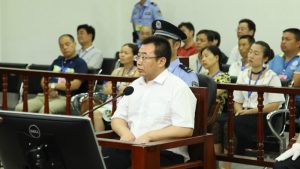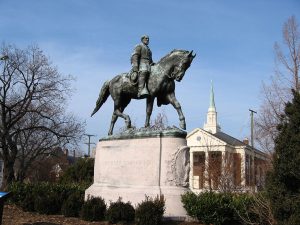Charlie Sykes: “One of Those Moments Where You Have to Stand Up”
Charlie Sykes a turncoat and opportunist?
At an ”On the Issues with Mike Gousha” program at Marquette Law School on Tuesday, Sykes said he’s not surprised some people say that. The long time conservative radio talk show host from Milwaukee is a prominent critic of President Trump, a Republican backed (at least in some fashions) by most conservatives. And Sykes is appearing frequently these days on MSNBC, which has a reputation as a liberal-oriented network, on NPR (likewise), and in the pages of the New York Times (likewise).
Sykes sees it differently, to say the least. “I was a Never Trump guy from the moment he came down that golden escalator” in Trump Tower in 2015 to announce his candidacy. “I’ve been saying (in recent times) the same thing I’ve been saying for two years. . . .
“The notion that it’s somehow opportunistic – show me what I’ve changed my position on. I just happen to say it on a larger, different platform.”


